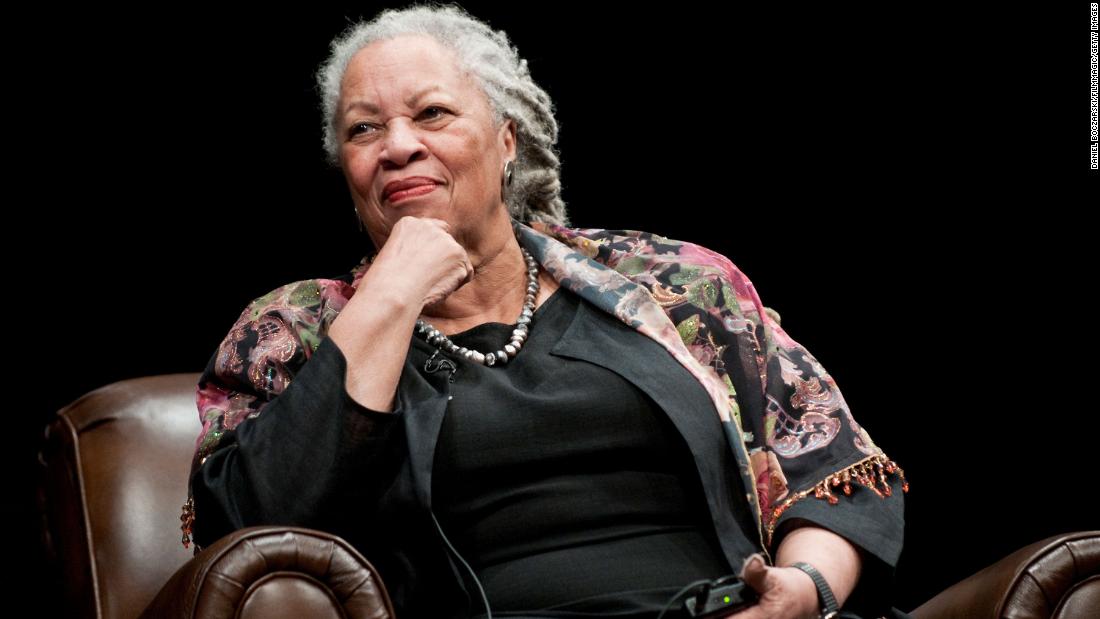One of Toni Morrison’s only short stories is getting published as a book

Toni Morrison spoke often about the incoherence of race.
The story is a puzzle of sorts, as Smith writes in the introduction, because Morrison never explicitly reveals the racial identity of either character. Instead, the reader is left to decipher it from an array of racial cues that ultimately prove ambiguous: Is Roberta a Black name or a White one? Does Twyla’s childhood love of Spam, Salisbury steak and Jell-O signal that she is Black or White? When Roberta has plans to see Jimi Hendrix and Twyla has never heard of him, who can we assume is Black and who can we assume is White?
“Still, like most readers of “Recitatif,” I found it impossible not to hunger to know who the other was, Twyla or Roberta. Oh, I urgently wanted to have it straightened out. Wanted to sympathize warmly in one sure place, turn cold in the other. To feel for the somebody and dismiss the nobody,” Smith writes. “But this is precisely what Morrison deliberately and methodically will not allow me to do. It’s worth asking ourselves why.”
By obscuring the racial identities of Twyla and Roberta, Morrison challenges the reader’s impulse to neatly categorize people and forces them to consider other markers: disability, gender, class.
The short story is “just one of innumerable manifestations of Morrison’s genius as a writer,” said Riché Richardson, a professor of African American literature at Cornell University (where Morrison earned her master’s degree).
“In this story, her emphasis on the plight of two girls — Twyla and Roberta — prompts readers to consider their material conditions and the forms of neglect that they have experienced, regardless of who they are, and to recognize, question and challenge such systems,” Richardson wrote in an email to CNN. “‘Recitatif’ reminds us of what people share, the common denominators that connect us to others, regardless of our differences.”
Morrison’s “Recitatif” treats race with the complexity and nuance signature in her novels and questions other oppressive systems that influence her characters and their actions, Richardson said.
“It is significant that the story incorporates exploration of moments that have been politically charged, such as the tensions related to busing, while emphasizing the commonality in her characters and what connects them,” she added. “It is a story that spotlights class, reminding us of how much it matters as a variable in shaping human experiences, regardless of race.”
Because though “Recitatif” was written decades earlier, the themes it deals with and the questions it poses, remain relevant as ever.
For all the latest entertainment News Click Here

